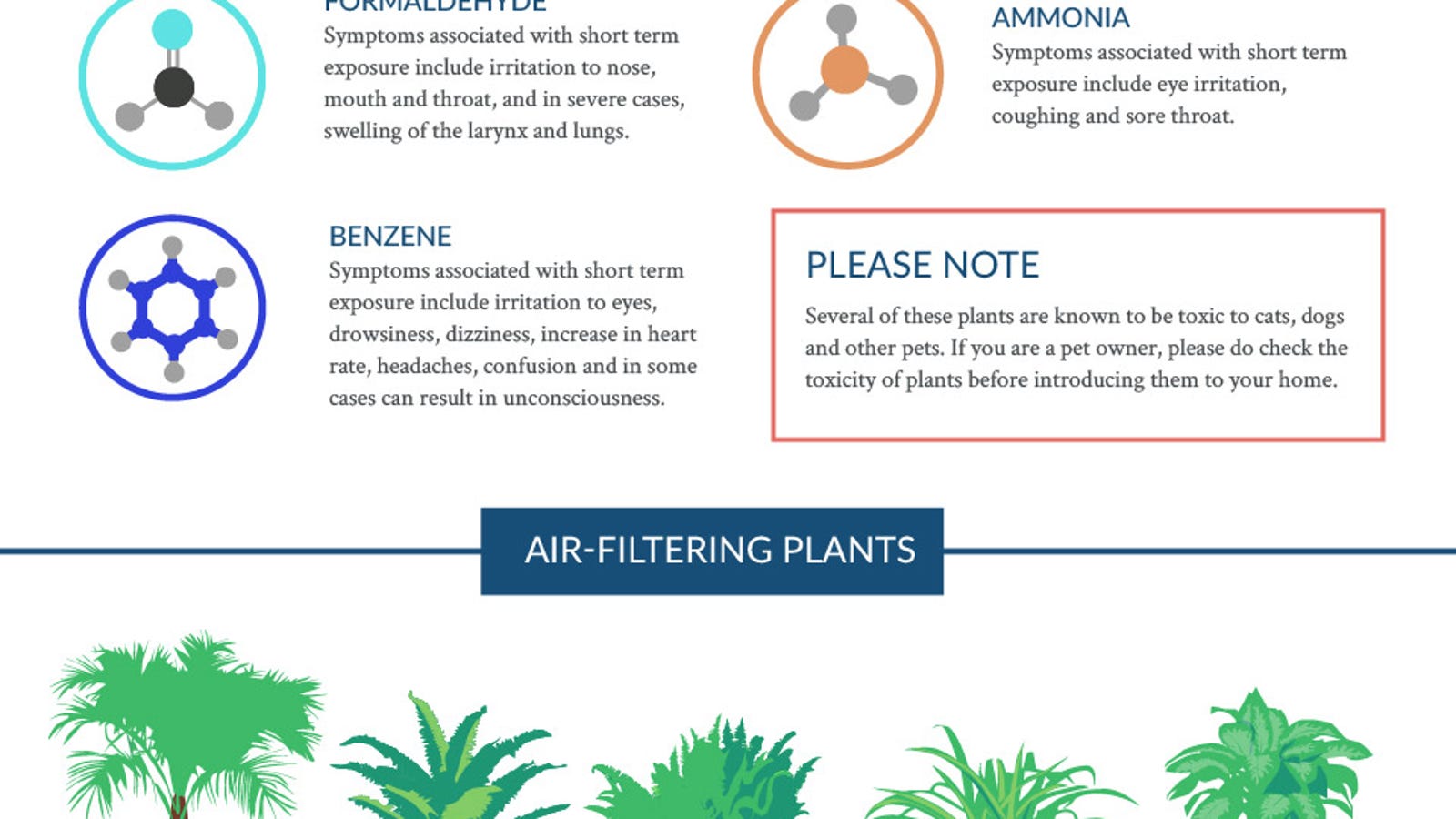Heat Pump Vs Heater - Which Is The Better Home Heating Alternative For Your Home?
Heat Pump Vs Heater - Which Is The Better Home Heating Alternative For Your Home?
Blog Article
Short Article Composed By-McLamb Neumann
Lots of house owners know with furnaces, which warmth homes with oil or gas and push hot air through ductwork. They are reasonably inexpensive and can supply trusted home heating also throughout a winter season power failure.
Nonetheless, they utilize fossil fuels and produce carbon monoxide gas and other air pollution. They also aren't as energy-efficient as a high-efficiency heatpump.
Expense
Normally, heatpump are a lot more budget-friendly to operate than heating systems. They generally make use of electricity and refrigerant to extract heat from outdoor air, and afterwards move it into your home. You can capitalize on more affordable electricity prices during off-peak hours to additionally reduce your home heating expenses.
Unlike heatpump, gas or wood-burning furnaces make use of combustion to create warm, releasing flue gases into the atmosphere that can be dangerous to your health and wellness. These furnaces are additionally less energy-efficient than heatpump, and their greater operating expense can accumulate in time.
Heaters are extra complicated than heat pumps and call for regular maintenance to make sure the appropriate function of all components. Regardless of this, they have a tendency to last longer than heat pumps with a regular life expectancy of 20 years or more. However, you'll require to factor in the cost of gas, gas oil or timber and the additional tools needed for setup and procedure such as ducts and air flow systems.
Power Performance
Heat pumps have a greater energy effectiveness rating than heating systems. These systems use power to scavenge warm from the air, even in freezing temperature levels. They can additionally eliminate excess warm from the home throughout warmer months and reuse it to cool the system. copyright experts can aid you establish the best design for your home on climate and resource power prices.
Furnaces shed gas oil, propane, natural gas or various other kinds of nonrenewable fuel source to heat up the air in the home. This air is after that spread via ductwork making use of a huge fan. Heaters generate greenhouse gases and require normal maintenance and devices upgrades to make sure secure procedure.
The largest advantage of a heating system is that it can be operated also in rough winter problems because it does not depend on outside temperature levels to warm up the air. Furnaces additionally have a longer lifespan than heat pumps and commonly last 15 years. They can also be coupled with double gas choices, which choose the most effective heating choice based on the weather condition.
Climate
Heat pumps work well in moderate climates and utilize much less source energy than heaters. However, if your area is exceptionally cold, you might require to purchase a common gas heater rather.
Heaters give cozy, relaxing warmth and usually use fast heating to increase indoor temperatures. https://garrettdozkw.blogpayz.com/29378342/the-ultimate-guide-to-understanding-warmth-pumps-how-do-they-work can be utilized with a range of fuel kinds, consisting of natural gas, lp, oil or electrical power.
They take in much more power than heatpump-- approximately 3x as much-- and need ductwork that's pricey to set up or retrofit. ducted ventilation to keep, as they can cause air quality concerns and generate greenhouse gas emissions.
If you're dedicated to decreasing your carbon impact, a heat pump is an excellent choice for your home. Recommended Internet site have fewer greenhouse gas exhausts than furnaces, particularly if you select an ENERGY CELEBRITY ® heatpump. Your local Service provider expert can describe the differences between these 2 heater and assist you make the very best decision for your special needs.
Personal Preferences
Heaters can be really energy efficient when powered by gas, gas or oil, however they aren't as energy effective as heat pumps in frigid environments. They can likewise be more expensive to set up, requiring gas lines and ventilation systems.
Nevertheless, heating systems tend to call for much less upkeep, which can lead to reduced ongoing prices. They create less greenhouse gases and are more reliable than heatpump during severe weather.
Electric heat pumps are a lot more flexible in creating indoor comfort since they can likewise work as ac system throughout warmer months. They can be more convenient to keep, calling for only regular air filter modifications and occasional vacuuming.
If you prefer the ease of a single system that does it all, consider a hybrid home heating option that sets a heater with an electrical heat pump. These systems can instantly switch between the two heating alternatives based on your home's needs and temperature conditions, making best use of effectiveness and savings.